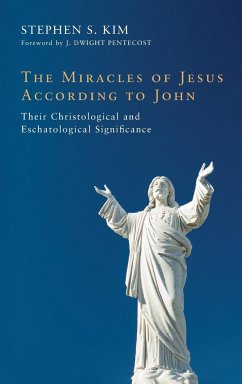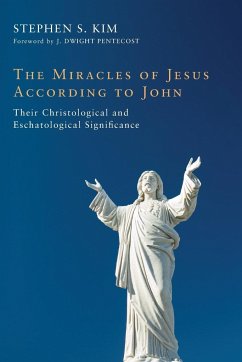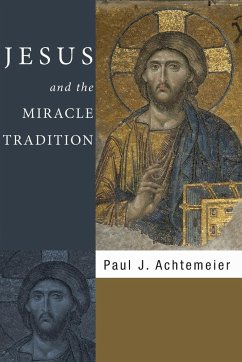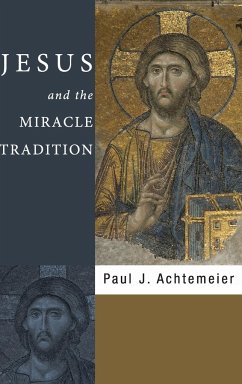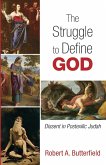In our age of theological relativism, Jesus' question to His own disciples continues to ring true: "Who do the people say that the Son of Man is?" Through Jesus' seven miracles and His seven "I Am" sayings, the apostle John provides a clear answer to that all-important question. Furthermore, what do Jesus' miracles represent? Are they designed to point to something or someone? In our "supernatural-crazed" culture that affects even evangelical Christianity, it is refreshing to be reminded that biblical miracles were never arbitrary but were always purposeful, authenticating God's message and His messenger(s). In the Gospel of John, the miracles of Jesus are both Christological, that is, they highlight Jesus' Person, and eschatological, that is, they foreshadow the work the Messiah will do in His future Advent. The miracles remind us that God's desire for every believer is first and foremost a spiritual relationship with Him through His Son. Furthermore, Jesus' miracles also remind us that God's work in and for every believer will be fully and ultimately realized in the everlasting life.

